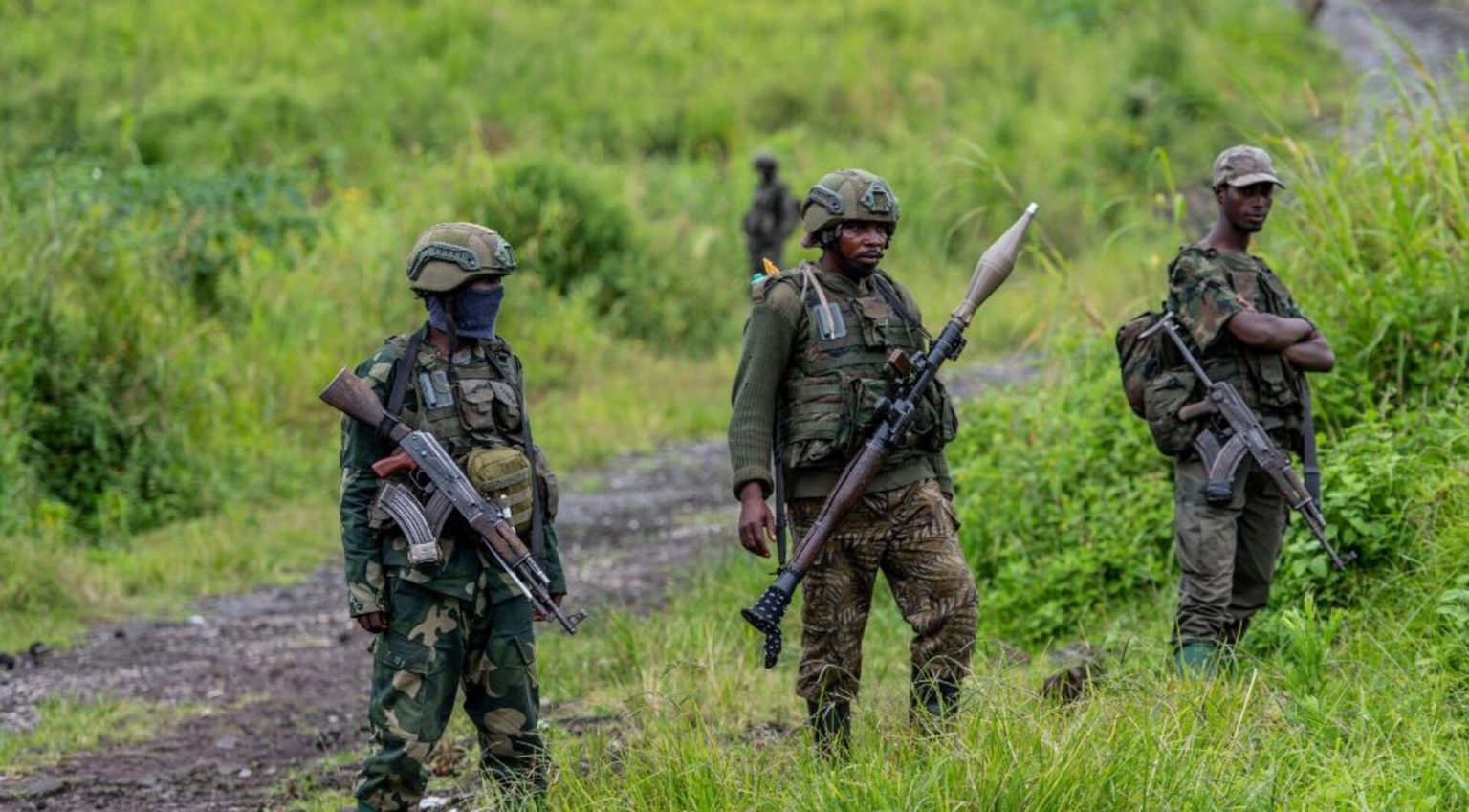The eastern Democratic Republic of Congo (DRC) is once again grappling with escalating violence as the March 23 Movement (M23) rebels gain ground in North Kivu province, capturing two towns and advancing perilously close to the provincial capital, Goma. This renewed offensive exacerbates the decades-long conflict that has plagued the region, displacing millions and causing widespread human suffering. The M23, widely believed to enjoy the support of neighboring Rwanda, a claim Rwanda vehemently denies, poses a significant threat to the fragile stability of the region, raising concerns about the potential for a wider conflagration. The international community is watching closely as regional leaders attempt to mediate a peaceful resolution.
The resurgence of the M23 comes after a period of relative calm, shattering hopes for a lasting peace. The group, composed primarily of Tutsi fighters, had previously been defeated by Congolese and UN forces in 2013. However, they re-emerged in late 2021, citing the DRC government’s failure to honor a peace agreement. Their recent advances have raised alarm bells, prompting urgent calls for diplomatic intervention. The situation is further complicated by the presence of numerous other armed groups operating in the region, vying for control of territory and resources, creating a complex web of alliances and rivalries that fuels instability.
The humanitarian crisis unfolding in eastern DRC is dire. The fighting has forced hundreds of thousands of people to flee their homes, seeking refuge in overcrowded displacement camps where basic necessities like food, water, and shelter are scarce. The conflict has disrupted livelihoods, devastated communities, and created a breeding ground for disease and malnutrition. The constant threat of violence and insecurity exacerbates the suffering of the Congolese people, particularly women and children who are disproportionately affected by displacement, sexual violence, and recruitment into armed groups.
Regional and international actors are actively engaged in finding a solution to the crisis. Efforts are underway to broker a ceasefire and revive the stalled peace talks between the DRC government and the M23. Neighboring countries, including Uganda, Kenya, and Angola, are playing a crucial role in mediating the conflict, emphasizing the importance of regional cooperation in addressing the complex security challenges. However, the deeply rooted mistrust between the DRC and Rwanda, coupled with the M23’s intransigence, poses a significant obstacle to achieving a lasting peace.
The international community faces a daunting task in resolving the conflict in eastern DRC. Decades of instability, fuelled by ethnic tensions, competition for resources, and regional rivalries, have created a complex environment that requires a multifaceted approach. A sustainable solution must address the root causes of the conflict, including governance issues, human rights abuses, and the proliferation of armed groups. Strengthening the capacity of the Congolese government to effectively govern and provide security to its citizens is crucial, as is promoting inclusive political dialogue and addressing the grievances of marginalized communities.
Moreover, holding all parties accountable for human rights violations and war crimes is essential for promoting reconciliation and preventing future atrocities. The involvement of regional and international actors in supporting peacebuilding initiatives, providing humanitarian assistance, and promoting economic development is also critical. Ultimately, a lasting peace in eastern DRC requires a concerted and sustained effort from all stakeholders, including the Congolese government, regional partners, and the international community, to address the complex political, security, and humanitarian challenges that have plagued the region for far too long. The future of millions of Congolese people hangs in the balance, and the urgency of finding a peaceful resolution cannot be overstated.

